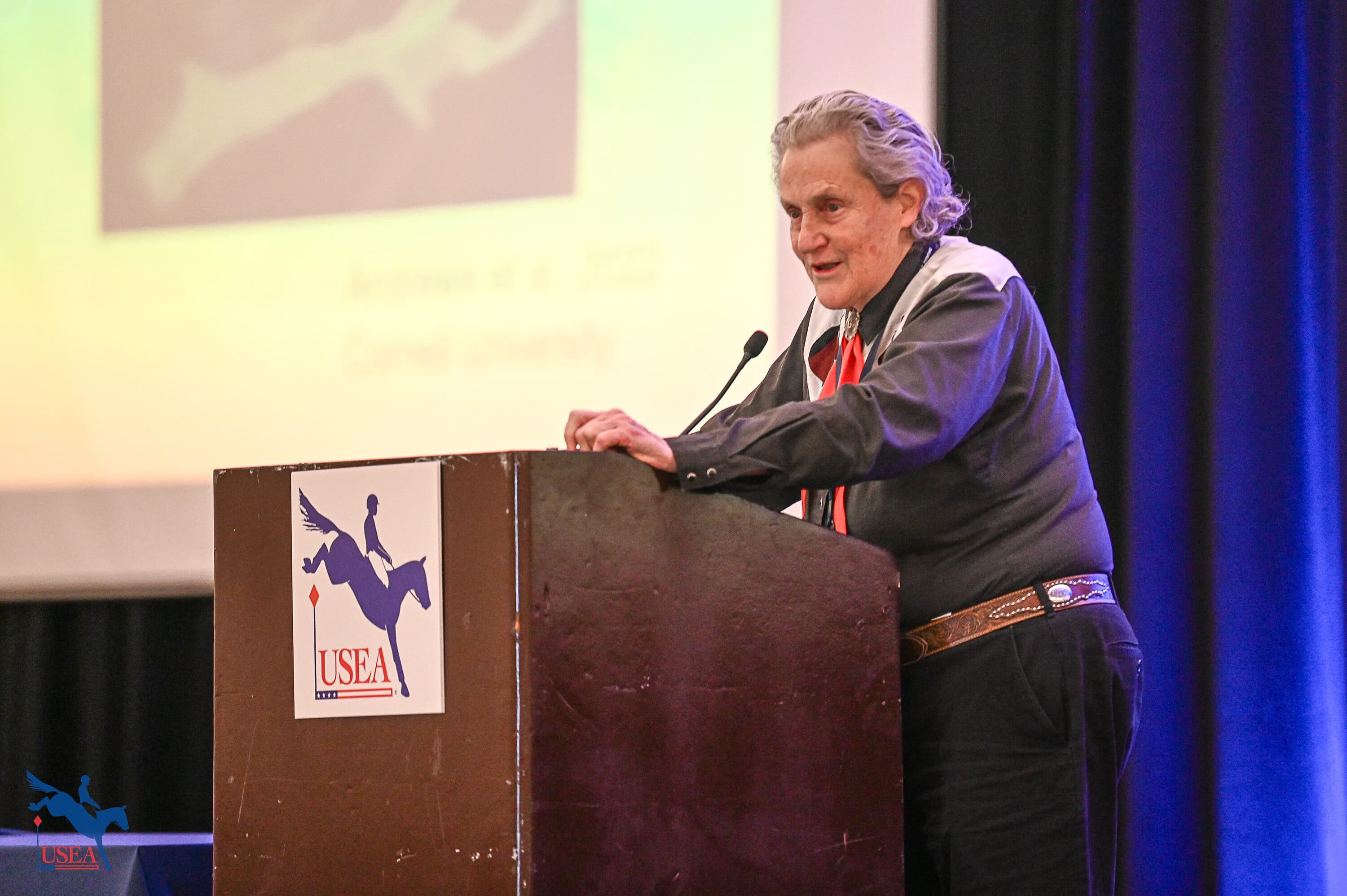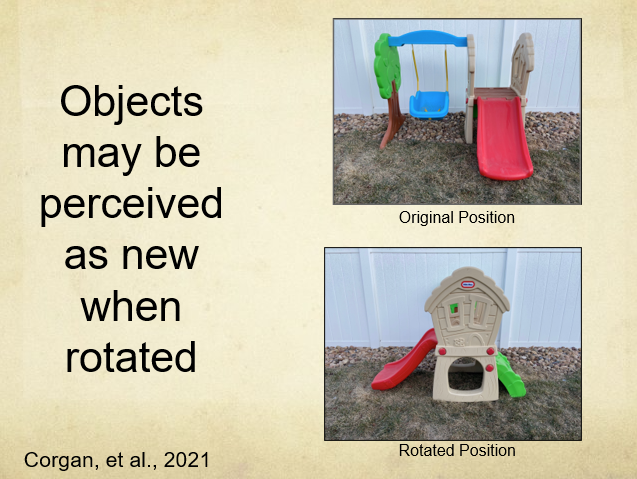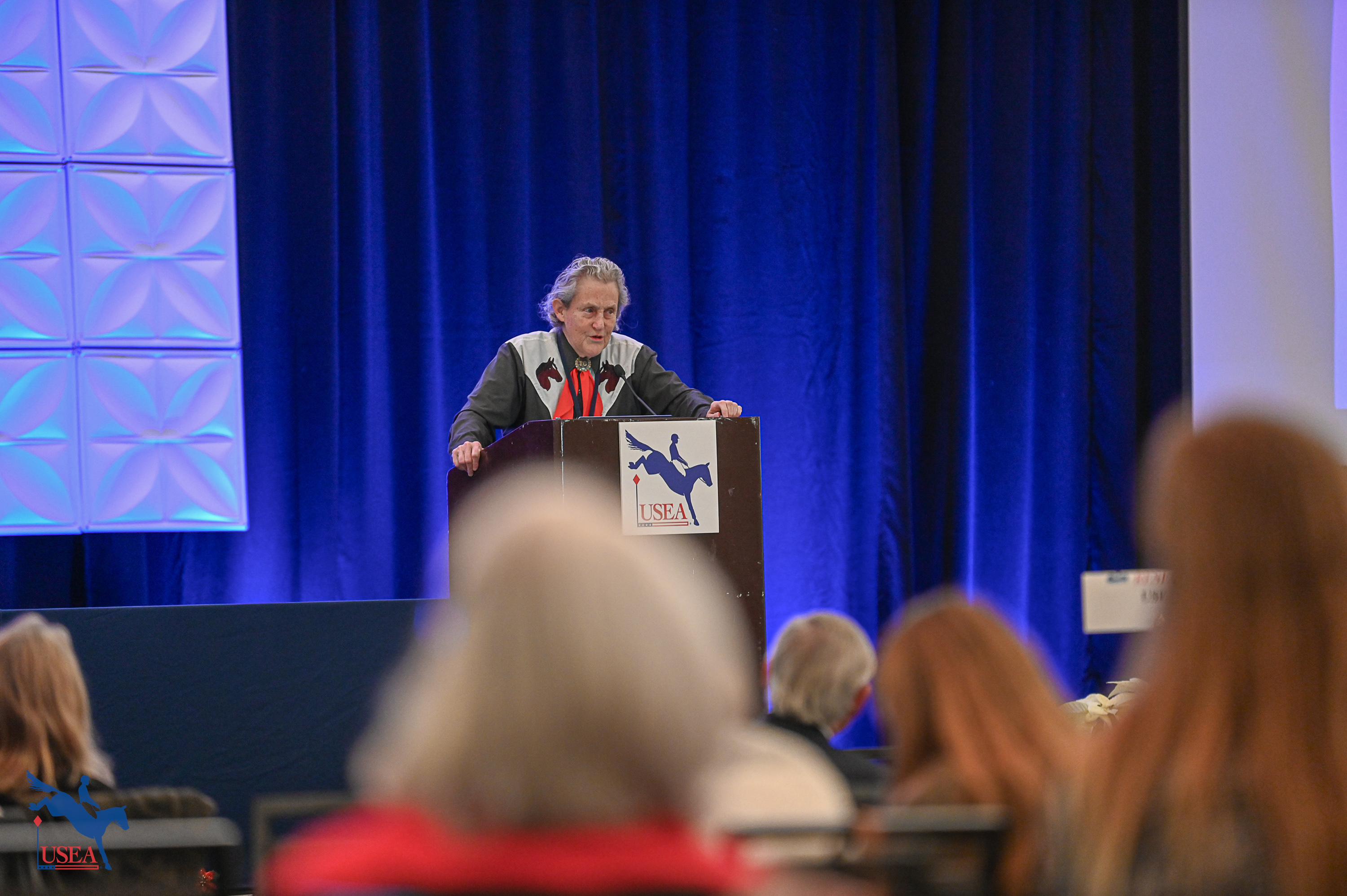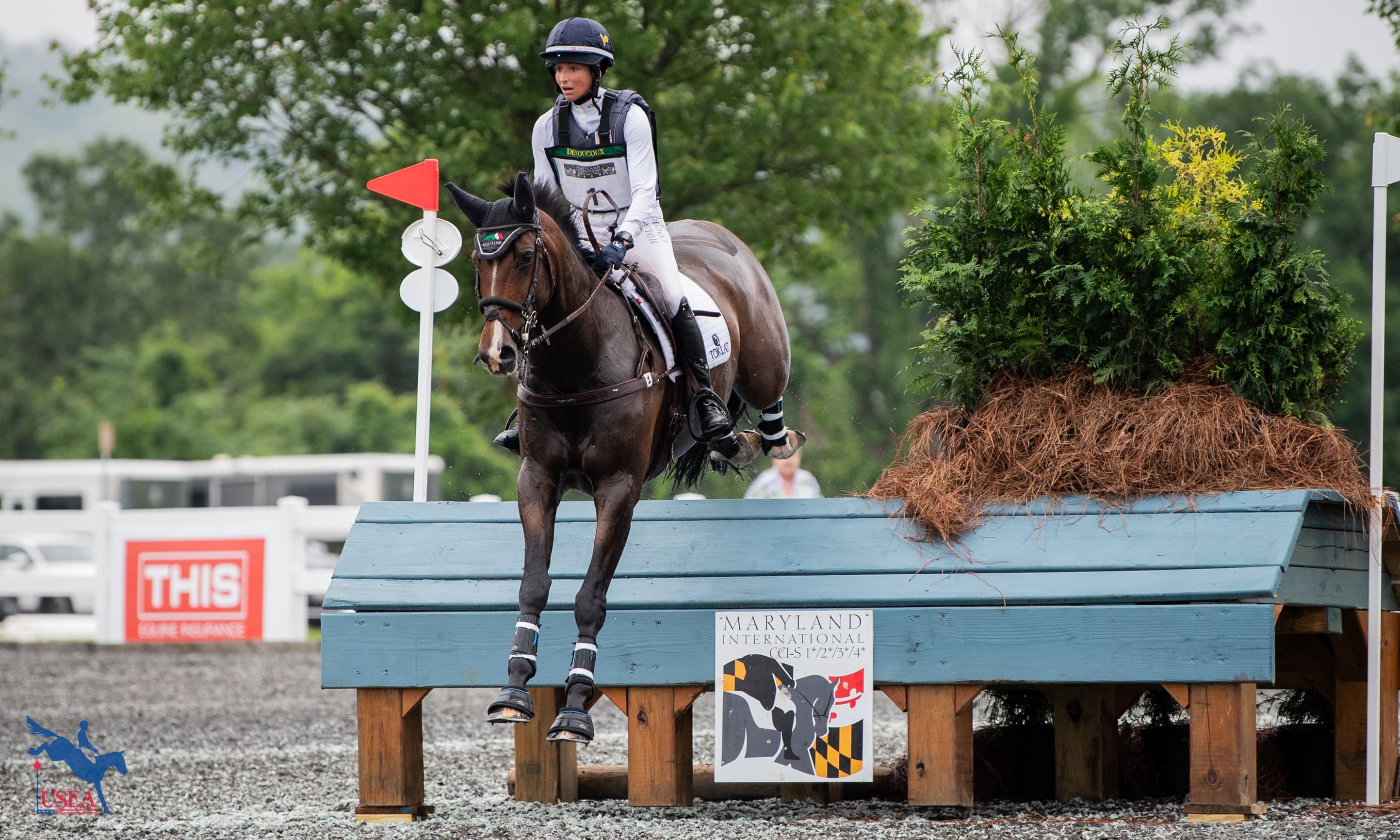8 Top Tips for Equestrians from Dr. Temple Grandin

Attendees of the 2023 USEA Annual Meeting & Convention were in for a real treat with this year’s keynote speaker, Dr. Temple Grandin. Dr. Grandin is an icon in the worlds of agriculture and autism and is most notably known for applying her own experiences as an autistic individual to her studies on how stress impacts both humans and animals. In this year’s keynote address, Dr. Grandin shared several different scenarios encountered in both her studies and the studies of her animal science students at Colorado State University that apply to the equestrian community. Take a look at some of our favorite takeaways from this year’s keynote address below:
1. Animals live in a sensory-based world. Get away from verbal language to understand animals and instead evaluate what is the animal hearing, smelling, and touching and use that to your advantage when exposing your horse to objects that often spook them.
“Sudden new things are scary for people with autism and for animals. If your horse is afraid of flags, don’t shove it in their face.," she said. "Decorate their pasture fence or arena fence with flags and let them walk up to it on their own.”
2. Exposure, conducted in the right manner, is the best training tool for your horse.
“A lot of animals lead sheltered lives," said Dr. Grandin. "I had a chance to go to the Keeneland Thoroughbred sale [Lexington, Kentucky], and the horses were terrified of the auctioneer because they hadn’t been trained for the sound of the auctioneer's voice. They also hadn’t been prepared for a strange groom or handler to hold them. What I realized was that when a horse was swapped from his regular groom to a new person, the horse became anxious and let out a giant shriek. I noticed that noise. I don’t think anybody wants to make that stressful mess, but they did. Now the horse was alone in this strange, creepy, scary new place, and his regular groom was gone. You have to expose your animals to enough different things.”
3. Horses think in pictures which can impact how and why they spook at certain objects.

“This is an interesting study that one of my students did that explains why a horse might suddenly spook. If you look at this playset, you will notice that it looks totally different when it's rotated. My students walked young fillies and colts past this playset 15 times at the walk, until the horses just walked by it without stopping, raising their heads up, or flaring their nostrils. When this thing was turned, it became a new thing. It became something different.”
4. Everything feels different to horses at different gaits.
“The saddle feels different at a walk, trot, and canter," she said. "I suggest to students to put a backpack on and then walk, trot, and canter so they can see how it feels different. Sometimes you have to go slow and think about how you are going to introduce things to your horse. Since they are sensory-based, it is much more specific.”
5. Animals are very fear specific. Keep that in mind when dealing with a horse who habitually exhibits fear as a response to certain stimuli or when trying to expose a horse to something new.
“This horse was terrified by black cowboy hats because he associated a really bad experience with a person wearing a black cowboy hat," she said. "So black cowboy hats were very frightening, but white cowboy hats were fine—it was very specific. Now, if I put the black cowboy hat on the ground, it was a lot less scary, but as I brought that hat toward my head, it got more and more scary. And the problem with fear memories is that they are very, very difficult to get rid of. So let's try to not have that.”
6. Animals have emotions and, just like in humans, each animal or each horse is going to be very different in the way they manage their individual emotions.
“Fear is a proper scientific word," said Dr. Grandin. "When I first started doing scientific research in the early '90s, I wasn’t allowed to use the word 'fear' as they said it wasn’t scientific to assign human emotions to animals. But now we know that animals have emotions; they definitely do. Fear is real, and some animals genetically are going to have higher fear responses than other animals. It turns out with me that my fear center is three times larger than normal. You can have animals that are higher fear or low fear. An animal that is high fear is an animal that gets scared more easily; their heart rate and cortisol levels go up more, and when you put that animal in a high-stress situation they are more likely to get sick.”
7. The best thing for your horse is to let them be a horse.
“We have to look at what animals need," she said. "Dogs in an animal shelter need 45 minutes every day of funsies with the volunteer, that is what they need because we have bred them to be social. A lot of horses need to get out and run around in the pasture just to have a chance to be a horse. I am concerned that some horses are so locked up in stalls. You’ve got stallions with abnormal behavior? It’s because they have never learned that give and take of social relationships with other animals. Does the animal have a life worth living? Does it have a positive, fun, experience? Does it get to do things it likes to do? For a horse, that is getting out and running around. You want to let the horse have positive, happy experiences.”
8. Horses can be life-changing for people of all backgrounds, but especially for kids with autism.

“When I was in a regular high school, I got bullied and teased for being autistic," Dr. Grandin shared. "So I went away to a special school where horses became my life. The only place I had friends was when I was riding horses or getting horses ready for shows. I learned how to work with horses and there are a lot more troubled teenagers today who cleaning horse stalls, taking care of horses, and getting involved could be the best thing that has ever happened to them.”
Helpful Links
- Convention Webpage
- USEA Coverage
- Schedule
- Registration
- Vendor List
- 2022 Annual Meeting of Members Minutes
Don't forget to follow the USEA’s event coverage on social media!
About the USEA Annual Meeting & Convention
The USEA Annual Meeting & Convention takes place each December and brings together a large group of dedicated USEA members and supporters to discuss, learn, and enjoy being surrounded by other eventing enthusiasts. The USEA organizes multiple seminars in addition to committee meetings, open forums, and tons of fun! The 2023 USEA Annual Meeting & Convention took place in St. Louis, Missouri, on Dec. 7-10, 2023, and next year’s USEA Annual Meeting & Convention will take place in Seattle, Washington, Dec. 11-15, 2024. Click here to learn more about the USEA Annual Meeting & Convention.
The USEA would like to thank the USEA Annual Meeting & Convention Sponsors: Adequan, Bates Saddles, Capital Square, D.G. Stackhouse & Ellis, Kerrits, Horse & Country, Nunn Finer, Nutrena, Parker Equine Insurance, Rebecca Farm, RevitaVet, SmartPak, Standlee, and World Equestrian Brands.














